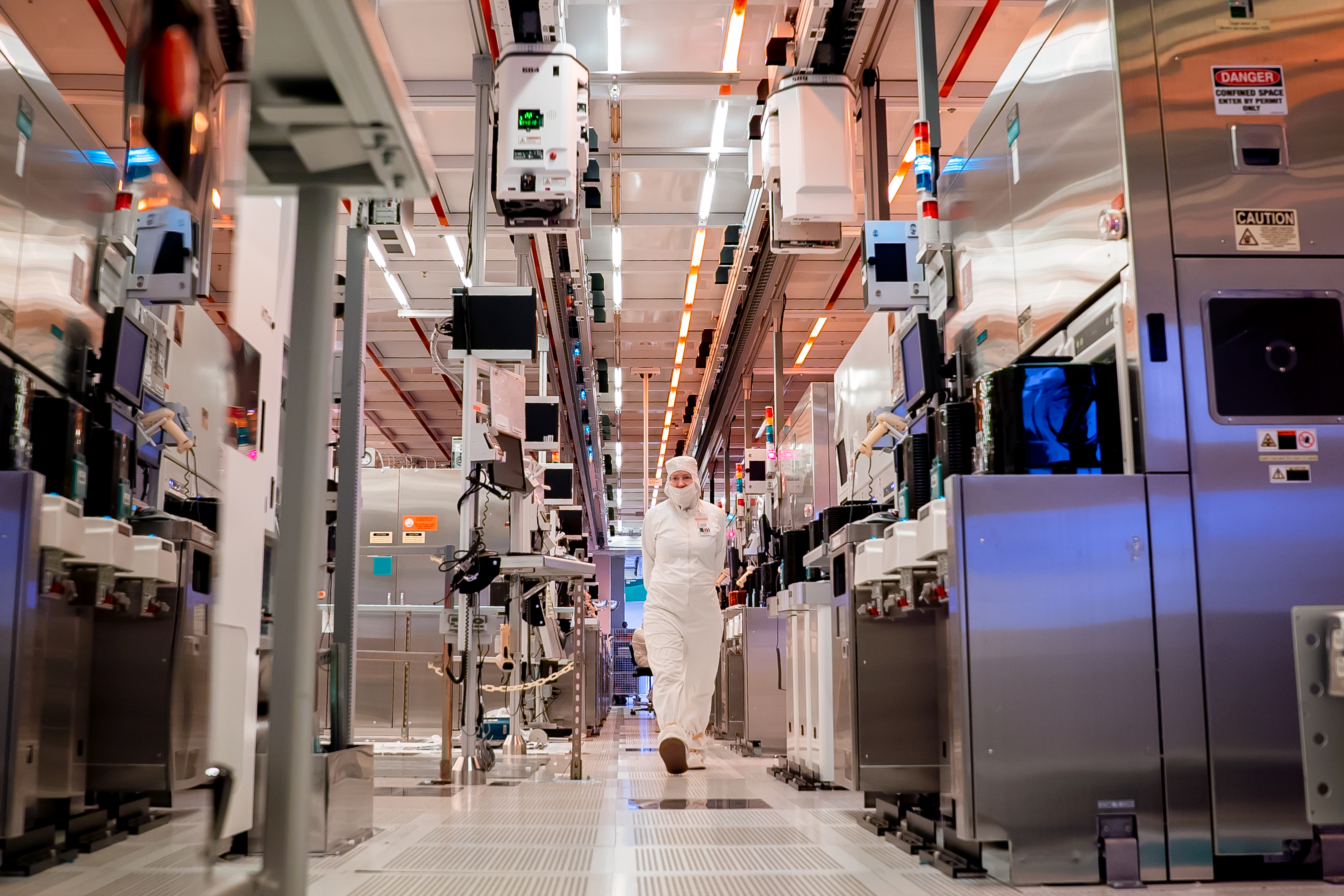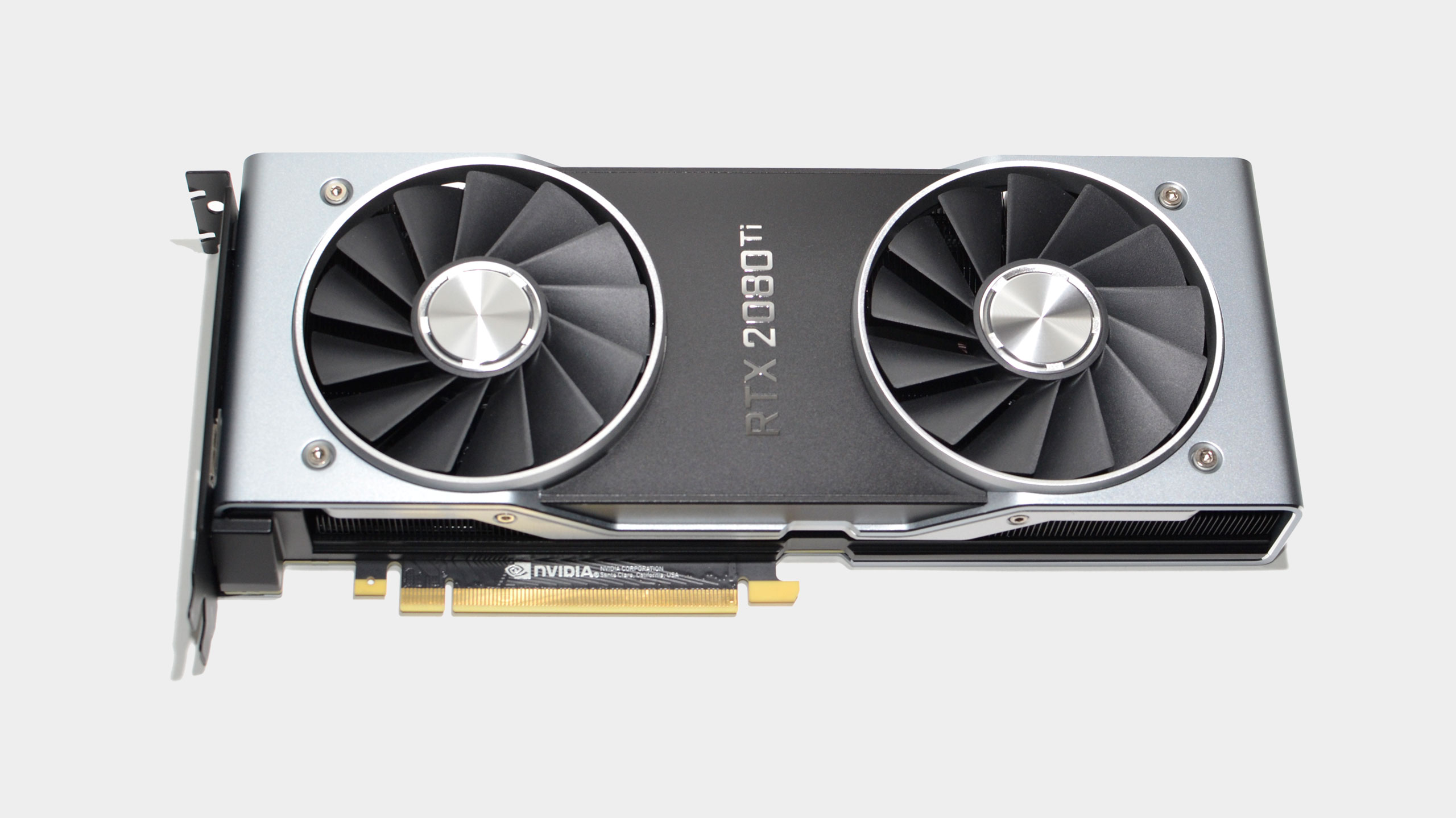Coronavirus could delay your next build or make it more expensive
It’s not just the shutdown of manufacturing that causing problems, the whole supply chain is affected.

We've seen plenty of gaming events affected by the COVID-19 coronavirus, with the cancellation of E3 2020 and SXSW, and GDC being postponed. The recent upgrading of the virus to a pandemic indicates that the World Health Organisation believes more needs to be done to stop the spread of the virus too, so we can expect more events to be cancelled. The question for us PC gamers though, is could this have an impact on the PCs, CPUs, graphics cards, and other components that go into our machines? I reached out to the companies that make those components for some answers.
Bear in mind that while COVID-19 may have originated in the Hubei province, it quickly lead to a major shutdown of many of the provinces of China. Take a look at the latest figures from the World Health Organisation's website though, and the situation in China appears to be coming under control, with the number of new cases falling to double-digit figures. Quarantine and social distancing appears to be working. So while manufacturing was affected for a couple of weeks, everyone I've spoken to has said the factories are now coming back online, although the extent to which they are, and in which areas, means that not every manufacturer is affected in the same way.
In a recent conference call, Intel's CFO, George Davis outlined how the company has been dealing with the impact of the coronavirus. Intel has a number of manufacturing plants in China, including its NAND manufacturing plant (Fab 68), which is in Dalian (Liaoning). It has a test and packaging facility in Chengdu (Sichuan), and design centers in both Shanghai and in Beijing, along with corporate groups in Beijing.
"What we've seen, being in areas that weren't the hardest hit initially, we've been able throughout this period, with some modest disruption as you would expect, to maintain relatively normal operations in China," Davis stated.
After saying that Intel was making sure that employee safety was a priority, he then went on to explain that it's the global picture that is the concern now. "This is a developing situation. We're starting to see customers being impacted by it. Where their supply chains are being disrupted and so they're trying to figure out when they want all of the components to arrive."
One issue unique to Intel is that it was already experiencing a shortage coming into this crisis. Demand was outstripping supply at the end of the 2019, and so any impact that the coronavirus has on Intel will be felt as it doesn't have excess reserves it can call on.
AMD expects the impact from COVID-19 in the first quarter to be modest.
AMD's response to the situation is similar to Intel's. "As the outbreak of COVID-19 continues to evolve, the health and wellbeing of AMD employees, customers, partners and the members of the communities in which we operate are of the utmost importance. AMD greatly appreciates the commitment of the individuals and organizations working tirelessly to address this public health situation globally.
The biggest gaming news, reviews and hardware deals
Keep up to date with the most important stories and the best deals, as picked by the PC Gamer team.
"At its 2020 Financial Analyst Day, AMD reiterated its first quarter 2020 financial guidance. AMD expects the impact from COVID-19 in the first quarter to be modest, potentially resulting in revenue coming in at the lower end of the guidance of approximately $1.8 billion, plus or minus $50 million. Full year 2020 financial guidance remains unchanged."
The fact that AMD sees its profits being directly impacted by the coronavirus means that it expects to sell slightly less hardware than expected, meaning it already predicts that supply channels are set for a hard time. You're potentially going to have a tricky time actually finding the processors and graphics cards you want. The good news here, as opposed to Intel's position, is there should be some stock in the channel already.

I reached out to Nvidia for comment as well, but they had no official response at this time. When considered alongside the decision to cancel the main keynote from GTC 2020, you could draw the conclusion that Nvidia's hotly anticipated release of its Ampere GPUs has suffered a setback, potentially due to the impact of COVID-19.
Speaking to add-in card partners paints a similar overall picture. I reached out to EVGA's Jacob Freeman, and the response was fairly straightforward. "Yes, COVID-19 is having an impact on supply chains, it's not certain the extent of the impact however as many of the factories are still not at full (or even close to) capacity. For now though supply is pretty tight on all products."
Asus echoed this sentiment: "Whilst there was an initial minor delay due to the shutdown of factories, we have robust contingency plans in place. With this in mind we have built in to the plan to procure materials and the man power to assemble them to minimise any impact on the delivery of the final product. In regards to prices there won't be any price effect because of COVID-19 not for the better or the worse."
Corsair, meanwhile, had this to say: "We're still monitoring the impact of covid-19. We have a world-wide supply chain and use all available options to maintain and manage our inventory to ensure good availability of all our products, from DRAM and peripherals to components and systems."

Seagate's response to the situation echoes the fact that it's the larger uncertainty that is more of the issue than the initial hit to manufacturing. "The health and safety of our employees, customers and suppliers remains our first priority. With the situation escalating in regions outside of China, Seagate is keeping strong proactive measures in place to both protect the well-being of our colleagues and contain the spread of the virus.
"We are also monitoring the impact to customers and suppliers. Our manufacturing facilities as well as those of our contract manufacturers are operating in China. Additionally, our HDD facilities in Southeast Asia and throughout the rest of the world are fully operational. We have worked diligently with our suppliers and transportation networks to mitigate potential risks necessary to meet our customer commitments.
"However, there is still considerable uncertainty. As the situation evolves, Seagate will continue to take appropriate action to protect our employees, customers, and partners and mitigate impact risk to our business."
In summary, the initial impact on manufacturing in China may have largely passed, but as the coronavirus sweeps across the globe, supply chains are going to be affected. This means that stocks of new graphics cards, chips, motherboard, etc. are going to be squeezed, which in turn means that you may not be able to get the kit you've been planning on using. That either translates to the specific model not being available, or having to go with a different manufacturer, or having to go with a different component entirely. This is true for system builders as well, so you can potentially expect delays on new systems. Waiting for stock to replenish is probably your best bet in the short term, unless you're happy to dig deeper into your wallet to get the system you want as soon as possible.
Alan has been writing about PC tech since before 3D graphics cards existed, and still vividly recalls having to fight with MS-DOS just to get games to load. He fondly remembers the killer combo of a Matrox Millenium and 3dfx Voodoo, and seeing Lara Croft in 3D for the first time. He's very glad hardware has advanced as much as it has though, and is particularly happy when putting the latest M.2 NVMe SSDs, AMD processors, and laptops through their paces. He has a long-lasting Magic: The Gathering obsession but limits this to MTG Arena these days.


